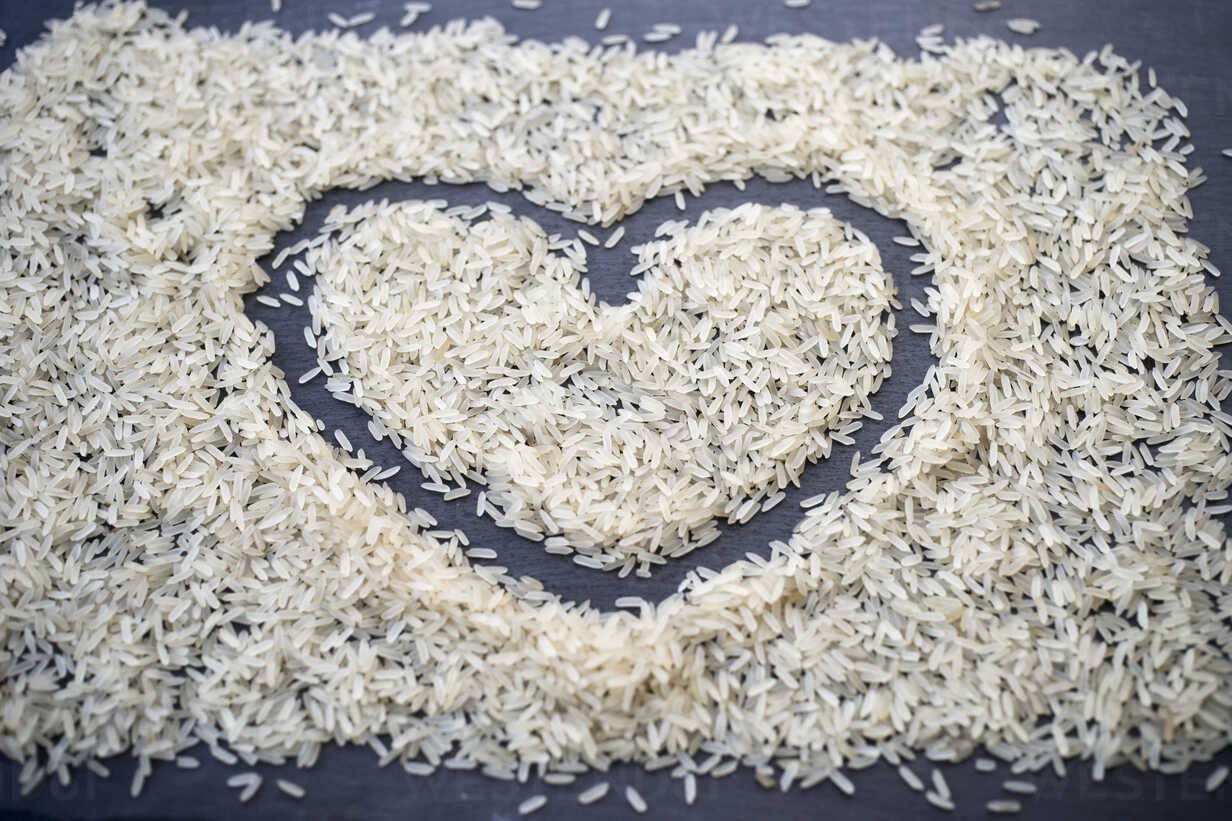Basmati rice, known for its unique aroma and long, slender grains, is a staple in many households worldwide. Beyond its delightful taste and versatility in various dishes, basmati rice offers numerous health benefits, particularly for your heart and overall well-being. Let’s delve into why incorporating basmati rice into your diet can be a smart choice for a healthier life.
1. Low Glycemic Index (GI)
One of the most significant health benefits of Basmati rice is its low glycemic index. The GI measures how quickly carbohydrates in food raise blood sugar levels. Foods with a lower GI are digested more slowly, leading to a gradual increase in blood sugar. Basmati rice has a GI of around 50-58, which is considered low compared to other types of rice. This makes it an excellent choice for people with diabetes or those looking to maintain stable blood sugar levels.
2. Rich in Fiber
Basmati rice, especially the whole grain or brown variety, is rich in dietary fiber. Fiber is essential for maintaining a healthy digestive system and can also lower cholesterol levels. A diet high in fiber can reduce the risk of heart disease by helping to prevent the buildup of cholesterol in the arteries, which is crucial for heart health.
3. Heart-Healthy Nutrients
Basmati rice contains essential nutrients like magnesium, potassium, and folate, which play vital roles in heart health. Magnesium helps regulate blood pressure, potassium balances the effects of sodium, and folate aids in reducing homocysteine levels in the blood, a risk factor for heart disease. Including basmati rice in your diet can contribute to a healthier heart by providing these essential nutrients.
4. Low in Saturated Fat and Cholesterol
One of the reasons Basmati rice is heart-friendly is its low content of saturated fat and cholesterol. Diets high in saturated fat can lead to increased cholesterol levels, which is a significant risk factor for heart disease. Basmati rice provides a healthier alternative to other foods that may contribute to heart problems.
5. Supports Weight Management
Maintaining a healthy weight is crucial for heart health. Basmati rice can be an excellent addition to a weight management plan because it is low in calories and fat while providing a good source of energy. The slow release of energy from basmati rice helps keep you fuller for longer, reducing the likelihood of overeating and aiding in weight control.
6. Gluten-Free Option
For individuals with gluten intolerance or celiac disease, basmati rice is a naturally gluten-free option. Choosing gluten-free grains like basmati rice ensures that those with gluten sensitivities can still enjoy a nutritious and balanced diet without the risk of adverse reactions.
7. Antioxidant Properties
Basmati rice, particularly the brown variety, contains antioxidants like phenolic compounds and vitamin E. Antioxidants help neutralize free radicals in the body, which can damage cells and lead to chronic diseases, including heart disease. A diet rich in antioxidants can contribute to better overall health and reduced risk of heart-related issues.
8. Promotes Digestive Health
A healthy digestive system is vital for overall well-being. The fiber content in basmati rice promotes regular bowel movements and helps prevent constipation. A well-functioning digestive system ensures that your body efficiently absorbs nutrients, which is essential for maintaining good health.
Conclusion
Incorporating basmati rice into your diet is a delicious and nutritious way to support heart health and overall well-being. Its low glycemic index, rich fiber content, heart-healthy nutrients, and other health benefits make it an excellent choice for anyone looking to maintain a healthy lifestyle. Whether you enjoy it in traditional dishes or as a side to your favorite meals, basmati rice is a versatile and health-conscious addition to your diet. So, next time you're planning a meal, consider reaching for basmati rice and enjoy the health benefits it brings to the table.



